Will Post-Modernity Be Post-Darwinian? A Review of “The Post-Darwinian Zoo”

The Post-Darwinian Zoo
Tibur Zorodin
Createspace, December, 2023
Perhaps all of Western socio-political history can divided into three eras: Pre-Darwinian, Darwinian, and post-Darwinian. The first period consisted of the millennia before the publication of Charles Darwin’s On the Origins of Species (1859) when men intuitively understood the importance of blood and breed, monarchy and aristocracy being the dominant ideologies. Then in the late nineteenth and early twentieth century, Darwinian evolution, combined with Mendelian genetics, began to inform public policy. President Theodore Roosevelt’s espousal of eugenics was uncontroversial, in fact eugenics was once supported across the political spectrum. Since the end of World War II public debate on, much less implementation of, “social Darwinist policies” is prohibited. The irony is that we now understand far more about human evolution and genetics than during the Progressive Era. The author is concerned that Red China might be the state where such findings find application.
We know little about the author. Tibur Zorodin is presumably a nom de plume. He is described online as a sociobiologist who “has been writing chiefly on political matters for more than a decade.” In its broad scope and literary style The Post-Darwinian Zoo might remind the reader of The Dispossessed Majority,[1] though DM is a more tightly structured work. Zorodin’s over 900 footnotes make reference to academic journals, mainstream media, and popular culture from North America, Europe, and Australasia.
The book begins by describing how current demographic trends have become dysgenic and why it matters. Intelligence, criminality, conscientiousness, and other traits are highly heritable. The system is still able to function because “[t]he West’s upper cognitive echelon of entrepreneurs and scientists remain in place for now,” even as social pathology increases. The remedy for dysgenics is eugenics. Eugenics is not pseudoscience but applied science widely practiced in breeding plants and animals. The author makes a distinction between social Darwinism that “is more concerned with group advancement, identity, and distinctiveness,” and eugenics that “tends toward universalism and IQ absolutism.”
Eugenics need not be coercive or mandatory to be effective if a society has healthy values. Pre-natal screenings can detect congenital defects, yet in some US states it is illegal to abort a Down syndrome pregnancy. Zorodin makes the obvious point that choosing to abort a healthy pregnancy is far different than terminating an abnormal one. Furthermore, there are over 50,000 rape pregnancies annually in the US. Only half of these pregnancies are aborted. “Evolutionarily rewarding the act of rape is damaging for society both in the short term and the long term.” Yet there are states where abortion in the case of rape is not allowed. The dissident Right is, in large measure, defined by its opposition to conventional conservatism. Eugenic abortion is one of the wedge issues that divides the conservative and dissident Right. Zorodin will have some more choice words for conservatives later in the book.
The author next turns his attention to the issue of miscegenation. He provides some disturbing statistics: “92% of biracial children with a Black father are born out of wedlock and 82% end up on government assistance.” In addition, it has been reported that mixed-race children are more likely to experience anxiety and depression, abuse drugs and be truant compared to monoracial children. The “instability in biracial households and conflict in identity formation” might explain these outcomes.
Zorodin then moves from traditional eugenic measures to genetic engineering, and at times the discussion takes on a sci-fi feeling. Yet there is logic to it. Setting aside the cautionary tale of Dr. Frankenstein’s monster, the author makes the case that we can produce a freer, healthier more egalitarian society. One of the more interesting topics in this section are the five or so pages devoted to human beauty. This segment runs parallel to the “Esthetic Prop” theory in the aforementioned Dispossessed Majority. The author believes there is “an innate preference” for light coloration, height, and symmetry. Despite claims by Left activists that short, dark, and dumpy is just as attractive as tall, fair, and svelte “[t]he notion of esthetic egalitarianism is fundamentally incompatible with human psychology.”
The advantages of ethnic homogeneity, such as those expressed by John Jay in Federalist Papers 2, have been known for centuries. Zorodin reports on some lesser-known benefits of such societies. For example, “a multiracial society could be responsible for increasing the rate of gender dysphoria and sexual divergence.” Also, military personnel who served in homogeneous units are “more functional and cohesive,” and these veterans are less likely to suffer PTSD than those from heterogeneous units.
Decades ago, the famous research psychologist Raymond Cattell proposed a social experiment where small nations—mini ethno-states—would compete socially and economically by nonviolent means.[2] Zorodin suggests something similar: “Various statelets and autonomous regions around the world harbor the potential for eugenic-minded communities to be formalized and legitimized; [thereby] offering . . . life under a system of consensual social Darwinism.”
The author’s criticism of the contemporary Right extends to economics. He takes exception to the produce-and-consume economic model that features ”gross expansion” over improved productivity via efficiency. The West’s “growth fetishism has discarded all caution of long-term cultural compatibility in pursuit of short-term economic stimulus” brought about through immigrant labor and consumption. The GDP will increase as the quality of life decreases.
Colorblind—perhaps completely blind—conservatives come under more criticism “King’s Manifesto from 1963 [‘I Have a Dream’] would in contemporary politics equate to a platform in the Republican Party.” Establishment conservatives’ maxim: “If you can’t beat them, join them in their tradition of chasing second place on the right side of history.”
Zorodin’s literary style makes the book both a pleasure and a challenge to read. Regarding Angela Merkel’s decision to open Germany’s border to mass migration: “It is hardly a top-down revolution, since the supporting convoy of Zeitgeist peers has no shortage of ethnomasochistic gluttons breaking the backs of their high-horses.” Find out which two countries are most “oikophobic.”
In fact, Zorodin devotes a section to language. He defends, as I do, the use of the term ‘Cultural Marxism’ because it is “consistent with the radical pedigree and an analogous group-conflict theoretical model” of orthodox Marxism. “The plasticity of language in the information age has never before been so amenable to socially-engineered neologisms with political agendas.” So illegal aliens become undocumented migrants, and the sexually confused are gender nonconforming. In addition, these “euphemisms appear to have an expiry date.” There is a “euphemism treadmill,” so the feeble-minded become the mentally retarded become the developmentally impaired.
The author uses the example of the near-seamless large-scale assimilation of Germans into American society to segue to the Jewish Question. That question is: What has been and should be the role of Jews in Western civilization? The last 35 pages or so of the book is a survey course on Jews. First, in contrast to German-Americans, Jewish-Americans have not, by in large, identified with traditional American culture. Their wealth and organizational acumen have led to an “undue influence on the institutions of public life, at the expense of heritage America.” The well-known Jewish financial crimes, the kosher certification racket, and the Sackler family pill mill Purdue Pharma are covered. All this is mediated by the “guilt prescription” of the Holocaust. The book has a quote from former Israeli foreign minister Abba Ebon: “There’s no business like Shoah business.”
Probably the most interesting aspect of this topic is Judeo-Christian Zionism. Zorodin has hammered the establishment Right for its social and economic policies, now it is time to consider its perverse foreign policy. Possibly the most perverted feature of cuckservativism is its slavish devotion to Israel. The author describes it as “surrogate nationalism.” In a warped way it serves as a “politically correct outlet” for the ethnonationalism establishment conservatives deny their own people. Border security for the US is a good political talking point, but border security for Israel is a cause for urgent action. Speaker of the US House of Representatives Mike Johnson intones: “It’s a Biblical admonition to stand with Israel.” Whether the current conflict in the Levant will change present political calculations remains to be seen.
The book ends rather abruptly. There is no summary or concluding chapter to bring together all the many issues and ideas presented. The reader does not get to see what compound the combined elements might produce. So here is my takeaway from the Post Darwinian Zoo:
The title implies we are now living in zoo world—society as a menagerie—filled with strange and diverse creatures. It is widely believed that the modern era is coming to an end. The question becomes: Is the present cultural disintegration a beginning or the end? Is what we see today just a foretaste of a chaotic post-modern age? Or, will post-modernity usher in a Western instauration, a new renaissance? At one point, Zorodin appears pessimistic. For we are “in the twilight of late modernity and at the terminal stage of human cultural evolution.” But he holds out hope if we are able to think outside the box. Conservatism is safe and respectable, but it is an ineffective and at times counterproductive strategy for opposing the forces that seek to destroy Western culture and peoples.
The book deals with many interesting topics not mentioned in this short review. There is some high protein food for thought here, and even the best informed and knowledgeable reader should find some new insights on human biology, culture, and the social sciences. I give this book a very solid recommendation. That said, a stronger thematic organization would make the information more assimilable.
[1] Wilmot Robertson, The Dispossessed Majority (1972).
[2] Raymond Cattell, A New Morality from Science: Beyondism (1973); Raymond Cattell Beyondism: A Religion from Science (1987).

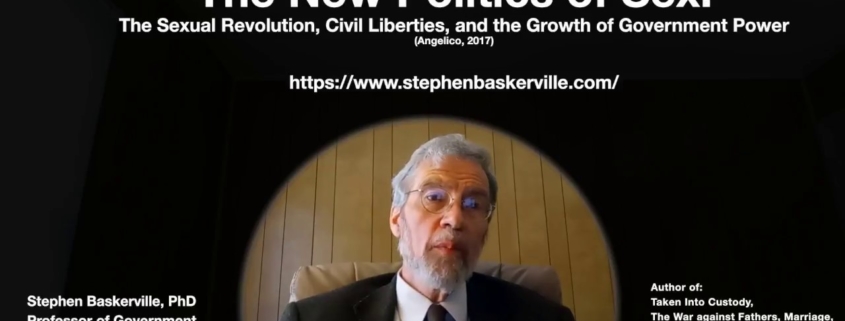
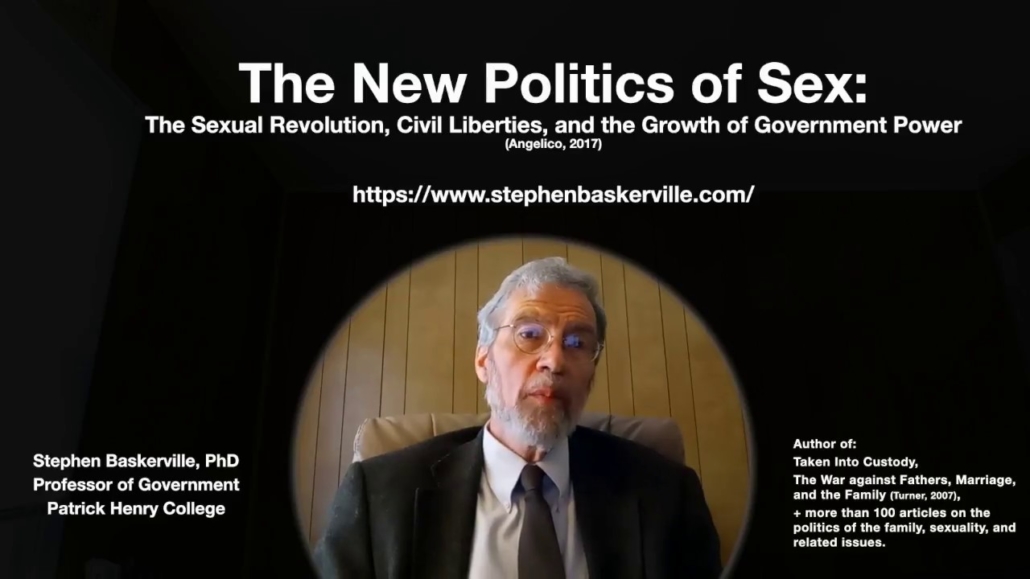
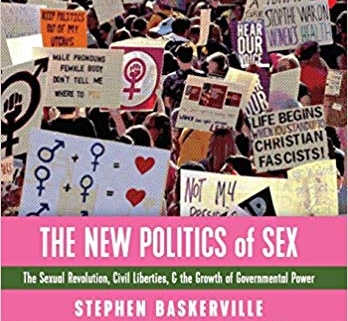
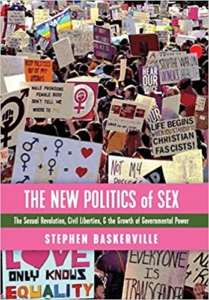
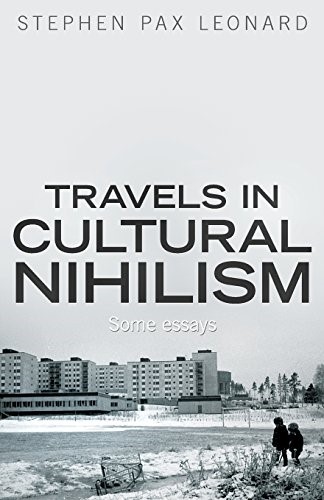
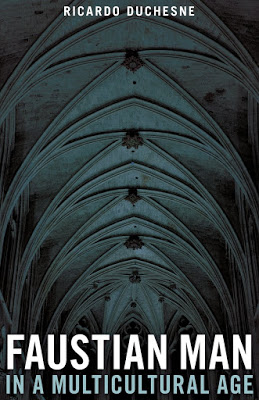 Faustian Man in a Multicultural Age
Faustian Man in a Multicultural Age


